Top roles for women in NI remain work in progress, analysis of roles reveals
Tuesday 2 September 2025
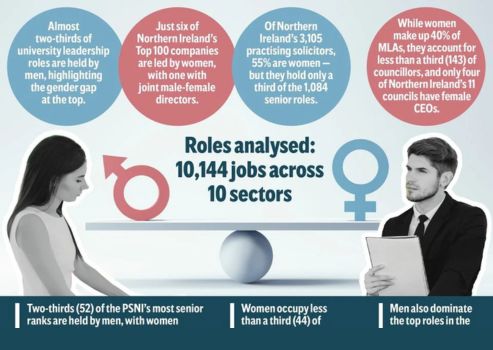.jpg?lang=en-GB&ext=.jpg) By Flávia Gouveia in the Belfast Telegraph.
By Flávia Gouveia in the Belfast Telegraph.Women remain under-represented in senior roles across many major employment sectors in Northern Ireland.
While there has been progress in certain areas, significant disparities persist, with men occupying up to 90% of senior positions in some industries.
Despite women making up half of the working-age population, men occupy 52% of the top jobs, analysis of more than 10,000 roles across 10 sectors has shown.
Northern Ireland now has a female Chief Justice, a female First Minister and Deputy First Minister, and women make up 40% of MLAs — closer to levels seen elsewhere in the UK.
But despite headline figures suggesting near-parity, women’s representation in leadership falls sharply in key sectors. In some areas, even where they make up the majority of the workforce, women remain under-represented in top roles.
Only a handful of women feature among the Belfast Telegraph’s Top 100 NI Companies 2025 and, despite dominating the legal profession, they hold fewer than a third of senior roles.
In politics, despite Northern Ireland currently having women in both the roles of First Minister and Deputy First Minister, men continue to dominate, particularly in local government.
In academia, policing and the judiciary, men continue to overwhelmingly occupy top positions.
Experts warn that continuing inequality means “that recent progress does not equal parity”, with calls for barriers facing women to be addressed.
The Belfast Telegraph analysed 10,144 jobs across 10 sectors and found that 5,315 (52%) of the top roles are occupied by men, while women occupied 4,829 (48%) of senior posts.
Among the key findings were:
• Just six of Northern Ireland’s Top 100 companies are led by women, with one with joint male-female directors.
• Women occupy less than a third (44) of the top 140 jobs in the judiciary.
• Two-thirds (52) of the PSNI’s most senior roles are held by men, with women holding 30 (37%) of the top 82 roles at superintendent level and above.
• While women make up 40% of MLAs, they account for less than a third (143) of councillors, and only four of NI’s 11 councils have female chief executives.
• Of NI’s 3,105 practising solicitors, 55% are women, but they hold only a third of the 1,084 senior roles.
• Almost two-thirds of university leadership roles are held by men, highlighting the gender gap at the top.
• Men also dominate health and the top roles in the NI Civil Service.
• In education, women hold 61% of the 1,098 principal roles and nearly two-thirds of vice-principal posts, but men narrowly lead in grammar schools, with 34 principals to 32.
‘Any solution must be long-term and go beyond simply ensuring that women have a seat at the table’
Lorraine Acheson, managing director of Women in Business, said that the Top 100 “is a stark reminder” that, for NI’s business community, “recent progress does not equal parity”.
Ms Acheson added that the fact that none of the top 10 companies on the list are led by women is “frankly disappointing, but not all too surprising”.
“The barriers preventing this, of course, are multi-faceted,” she continued.
“Deeply ingrained gender biases and systemic issues around caring responsibilities all impact upon the number of women in key executive roles, who too often find any potential progression towards C-suite positions is cut short.
“From an organisational perspective, leadership limited to any one gender leaves a business missing out on diverse perspectives and better decision-making, both key drivers in purpose-driven leadership and enabling companies to position themselves as an attractive prospect for potential employees.
“Any solution must be long-term and go beyond simply ensuring that women have a seat at the table. It’s about ensuring those same women are active players in the day-to-day decision-making of an organisation so that they can ultimately reach the highest levels in business to drive positive, inclusive growth within NI’s economy.”
Women’s representation in Northern Ireland’s universities is rising, but men still dominate senior roles, with fewer than a third of professors being female.
Read more in the Belfast Telegraph here.
Tuesday 2 September 2025



 Contact us
Contact us
 Share on social
Share on social Share with a friend
Share with a friend Facebook
Facebook LinkedIn
LinkedIn
 Twitter
Twitter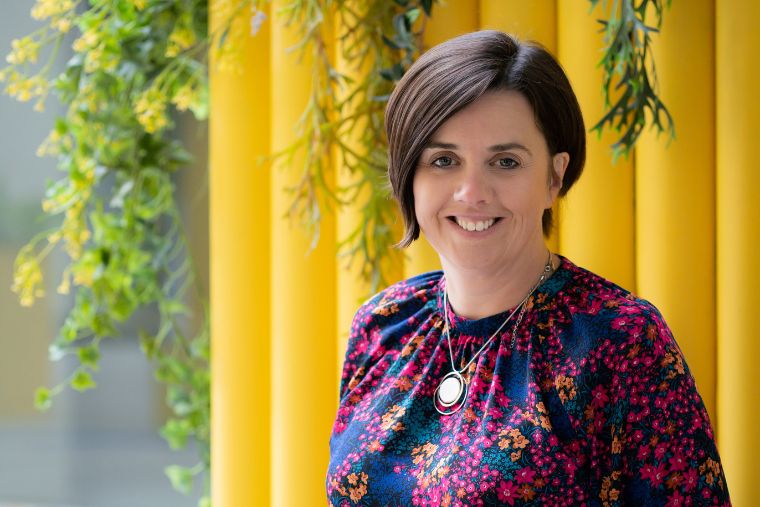





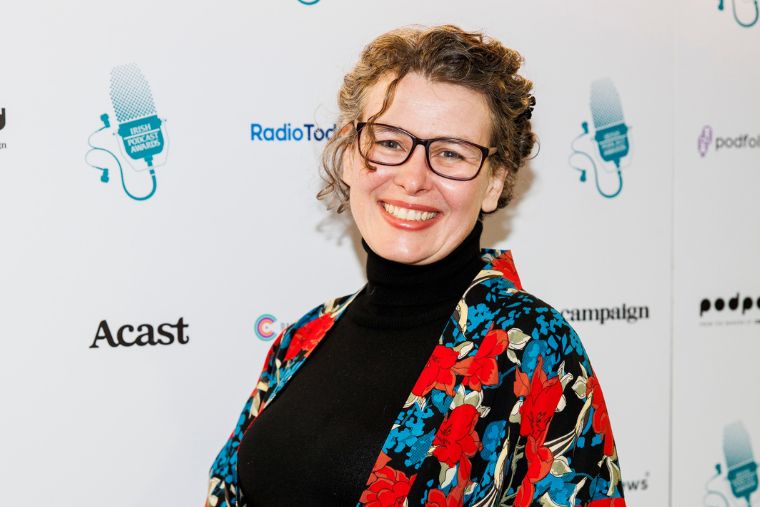
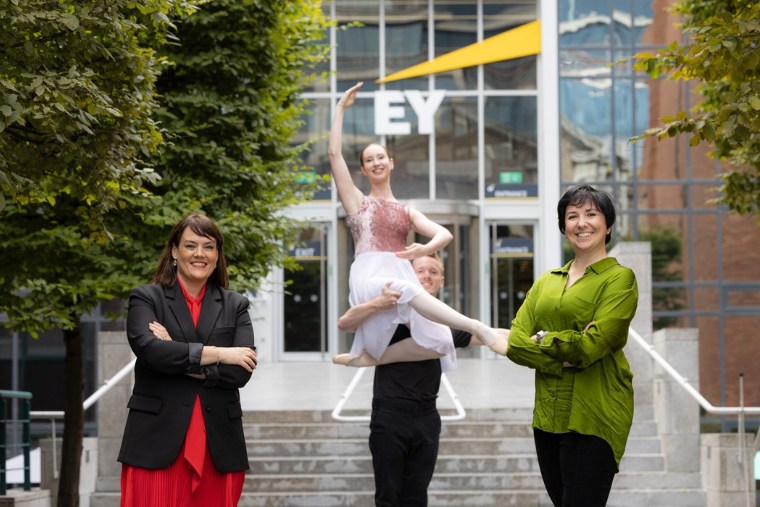





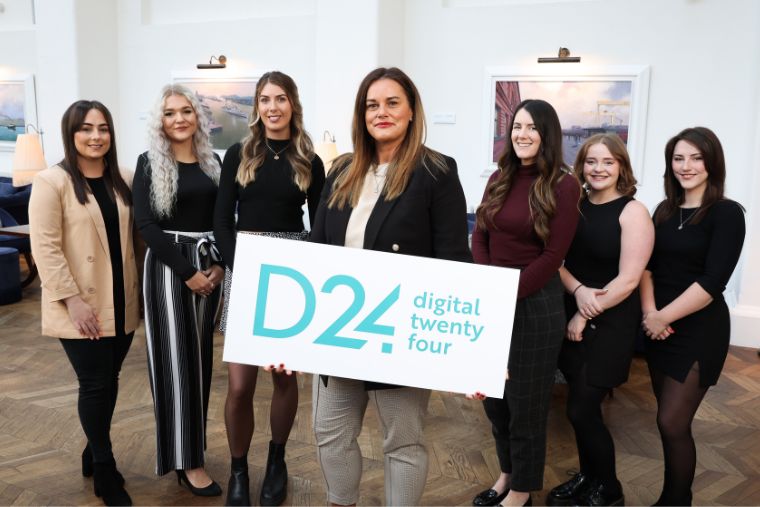







 Get in touch with us
Get in touch with us